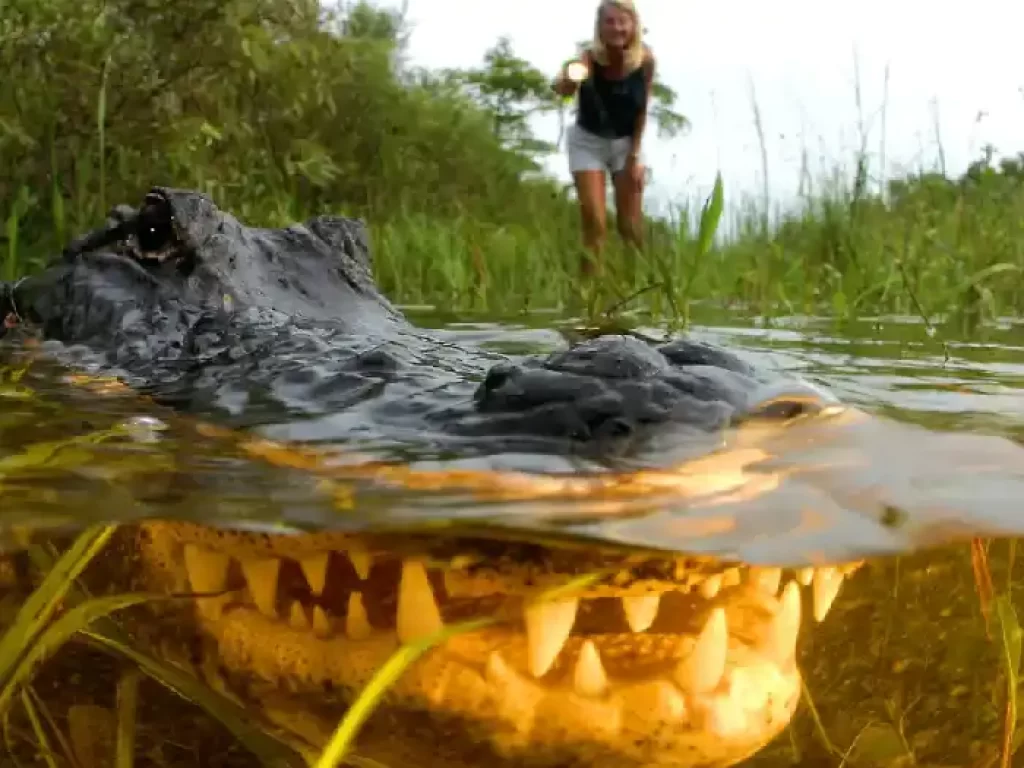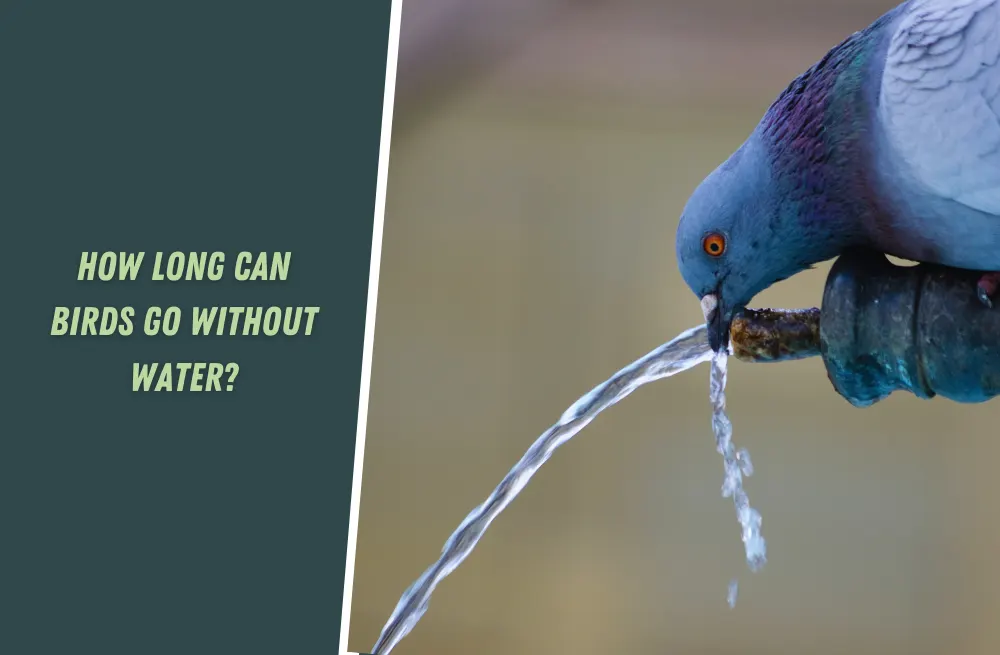Alligators, fascinating creatures that inhabit our world, have recently revealed a surprising and playful side. A study conducted by psychology professor Vladimir Dinets at the University of Tennessee, Knoxville, sheds light on the various forms of play exhibited by these ancient reptilian giants.
This exploration of alligator play behavior expands our understanding of their complex nature and highlights their intriguing interactions with their environment and other species.
Playful Interactions with Other Species
Dinets’ research has documented instances of alligators engaging in playful interactions with animals outside their species. One notable observation involved a juvenile alligator playfully interacting with a river otter, showcasing the unexpected bond between these seemingly disparate creatures.
Additionally, rare cases have been reported where certain crocodilians form strong bonds with humans, becoming long-term playmates. These unique connections emphasize the playful capacity of alligators and their ability to forge relationships beyond their own kind.
Playful Engagement with Objects
Crocodilians, including alligators, exhibit playful behaviors involving objects found in their environment. Dinets’ study observed alligators playing with various objects, such as wooden balls, noisy ceramic bits, and even streams of water.
These interactions suggest a sense of curiosity and engagement with their surroundings. Alligators have also been observed playing with their prey and floating debris in the water, showcasing their adaptability and resourcefulness in play.
Locomotor Play and Exploration
Young alligators engage in locomotor play, demonstrating their physical prowess and zest for exploration. Dinets’ research reveals instances of alligators repeatedly sliding down slopes, similar to a playful slide, showcasing their agility and enjoyment of movement.
Crocodiles have been observed surfing ocean waves, while caimans ride currents in their pools, exhibiting their adaptive play behaviors and their desire to explore and interact with their aquatic environments.
Social Play and Bonding
The study also uncovers captivating instances of social play among crocodilians. Baby alligators have been observed playfully riding on the backs of older alligators, a behavior that fosters social bonding and learning.
Baby caimans engage in playful “courtship” behaviors with each other, practicing social interactions that will become crucial in their adult lives. Notably, a male crocodile has been observed offering rides to its lifetime mate on its back, highlighting the depth of social bonds within these reptilian communities.
These findings, published in the journal Animal Behavior and Cognition, may surprise some, but they suggest that crocodilians are not just cold-blooded killers.
They have the capacity for play and joy, just like many other animals, including humans.
Can alligators be human friendly?

While alligators are known to be dangerous animals, they can sometimes become accustomed to humans if they are regularly fed or if they have been in captivity for a long time. However, it’s important to note that alligators are wild animals and can be unpredictable, even if they seem friendly.
It’s never a good idea to approach or interact with an alligator in the wild, as this can provoke an attack. It’s always best to give alligators plenty of space and to respect them as wild animals.
Can crocodile be tamed?
Crocodiles are wild animals and cannot be domesticated or tamed in the traditional sense. They are known to be highly aggressive and dangerous predators, and attempting to domesticate them would be both risky and illegal in most countries.
However, there have been some rare cases where individual crocodiles have developed a close bond with humans.
These situations typically occur when the crocodile has been raised by humans from a young age and imprinted on them, or when a human has saved the crocodile’s life and formed a strong bond over time.
While these cases are exceptional, they do demonstrate that crocodiles, like many other animals, are capable of forming complex social relationships and exhibiting behaviors that are not solely driven by survival and reproduction.
Nonetheless, it is important to remember that crocodiles are dangerous animals and should always be treated with caution and respect in their natural habitats.
You might also like
- Do American Alligators Live in Mexico?
- Saltwater Crocodile (Crocodylus porosus)
- Morelet’s Crocodile (Crocodylus moreletii)
- Do American Alligators Eat Humans?
- Mugger Crocodile (Gavialis gangeticus)
- Largest Alligator in Alabama’s History







